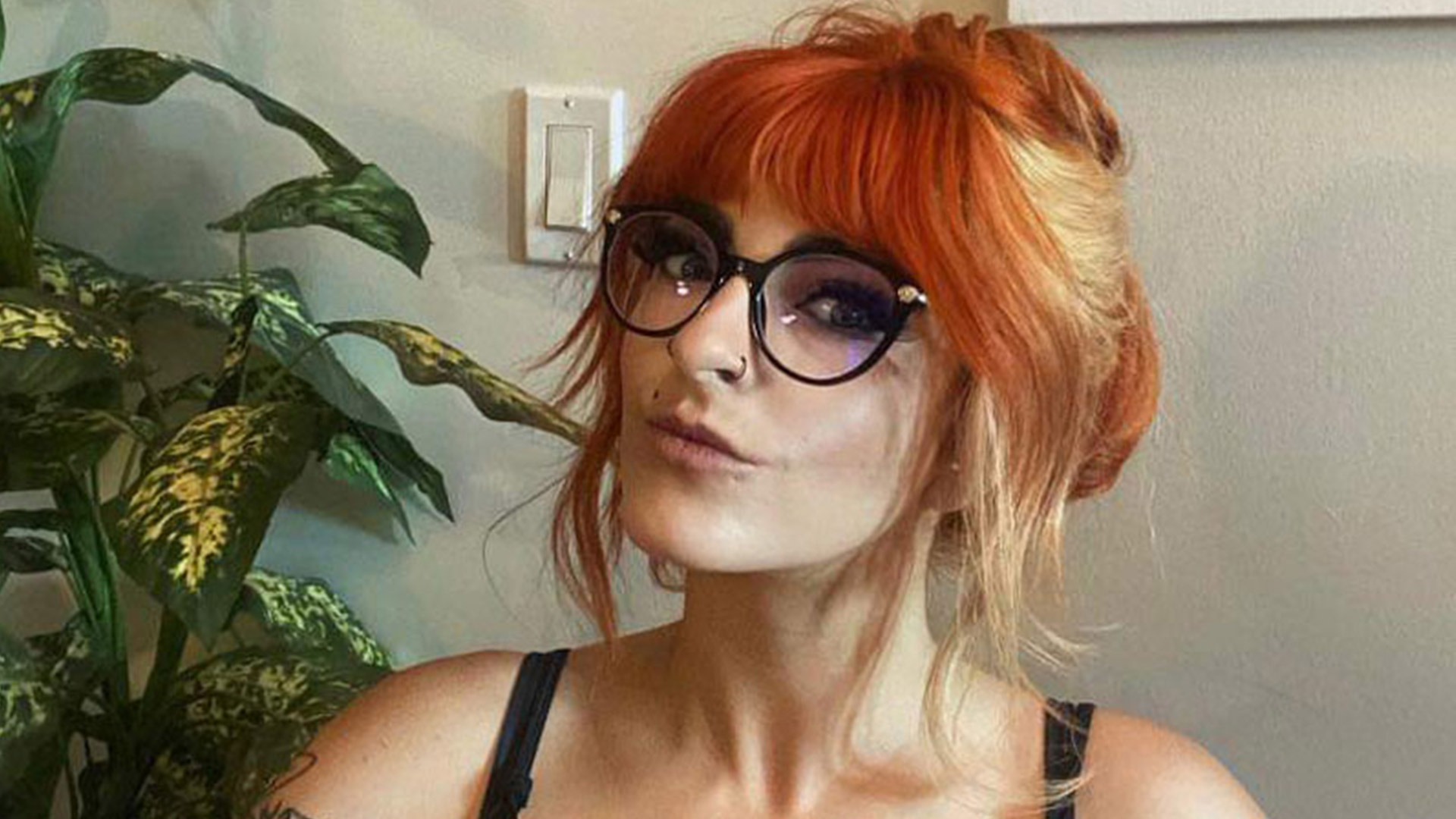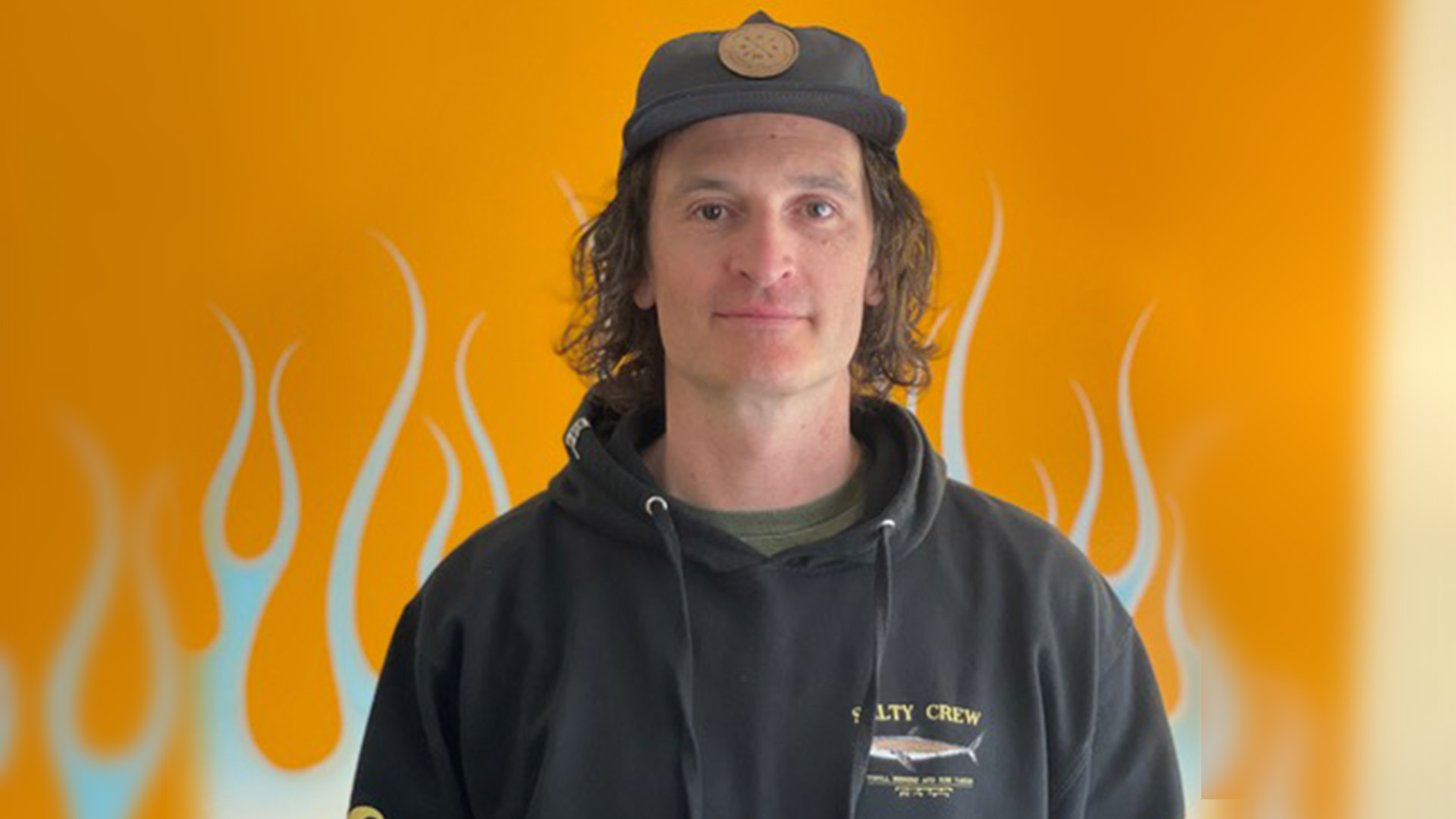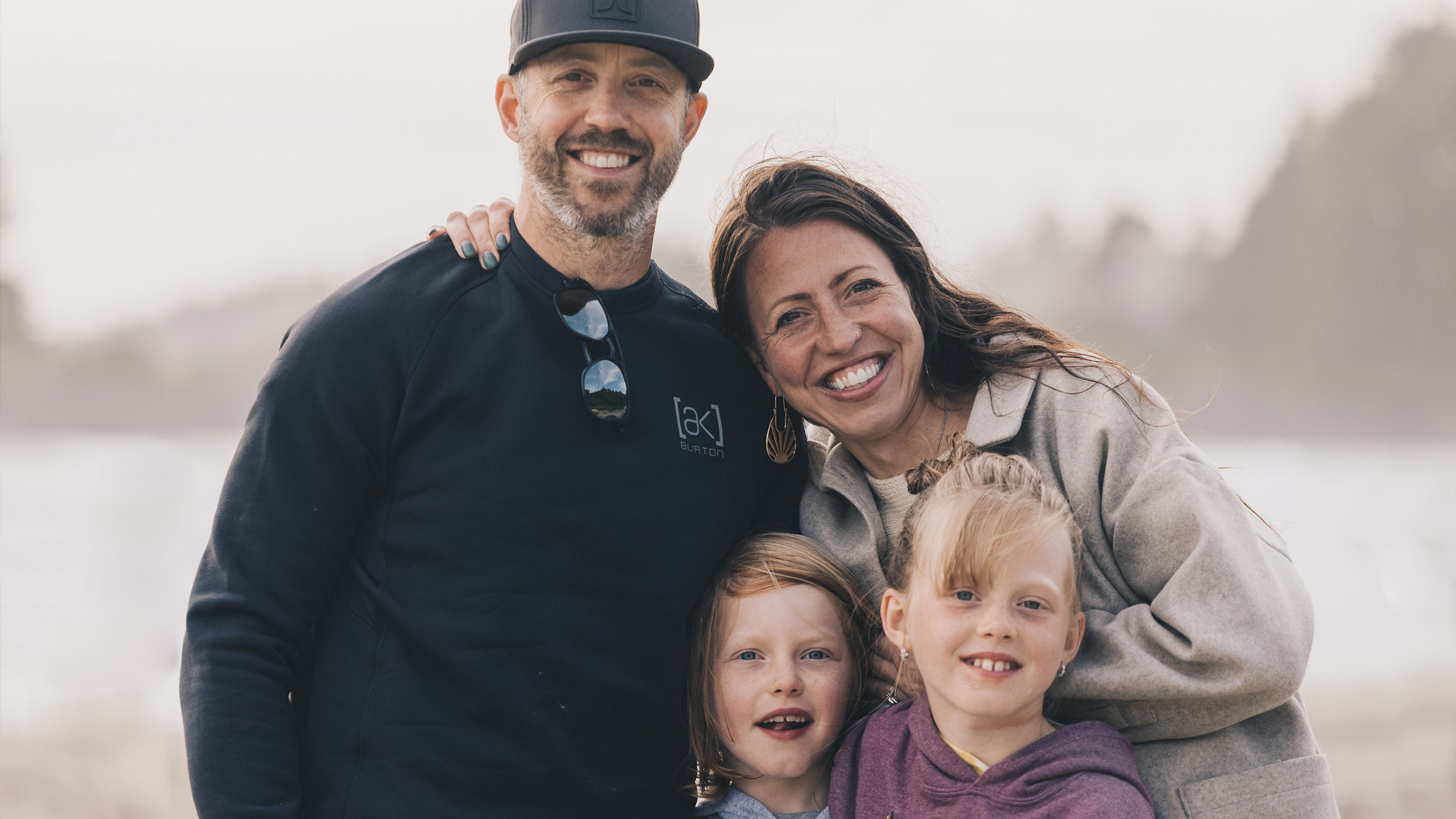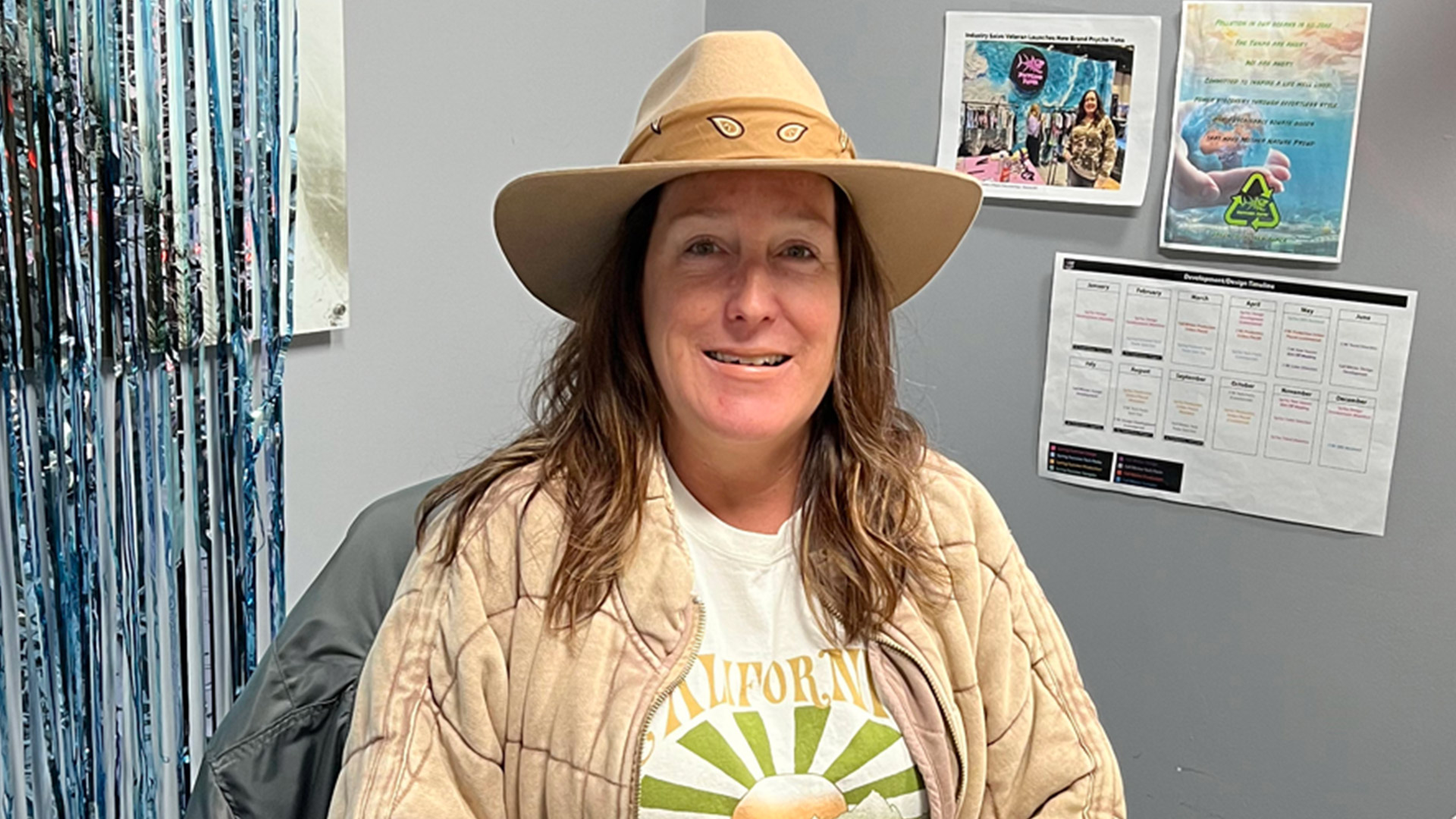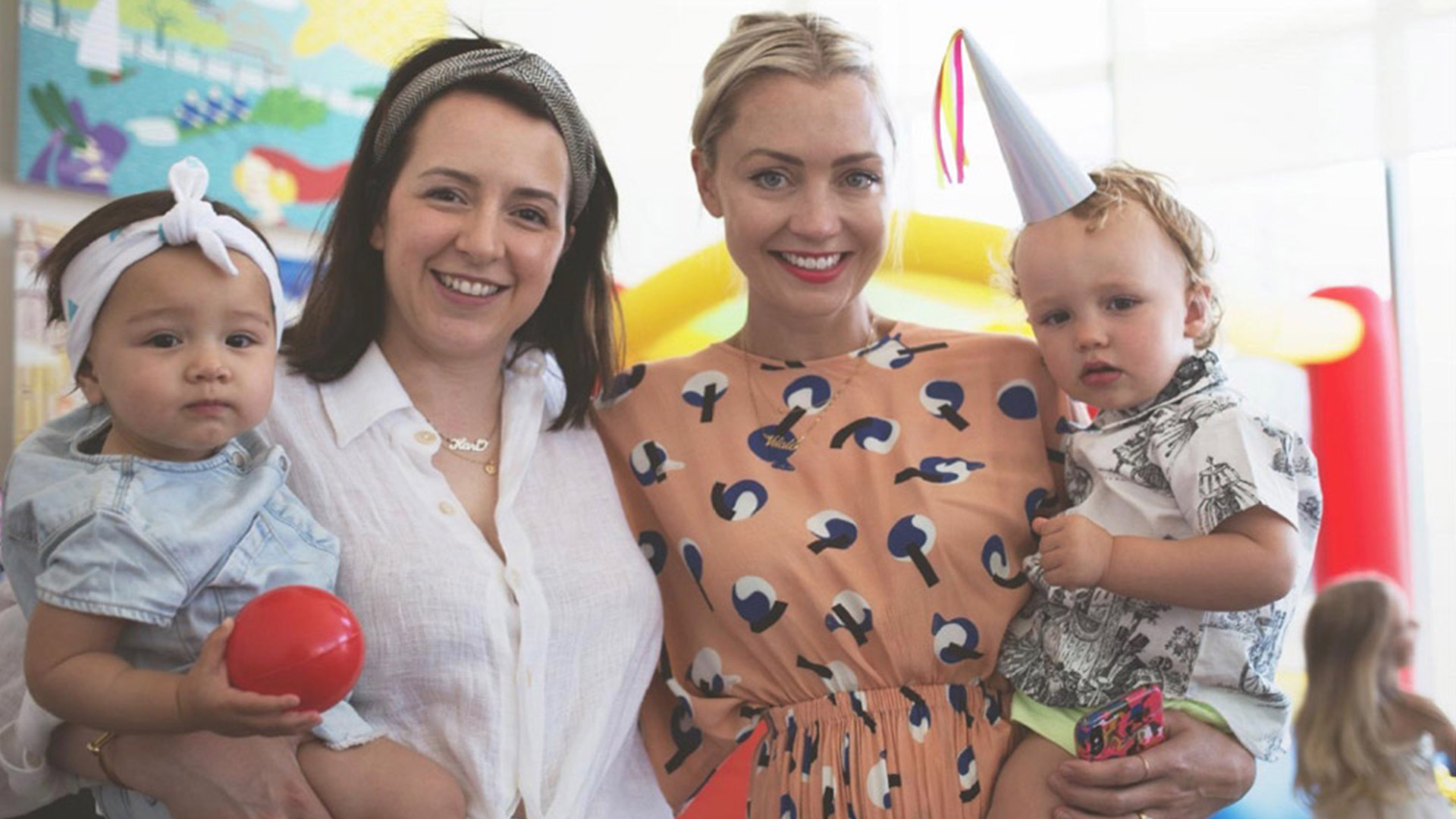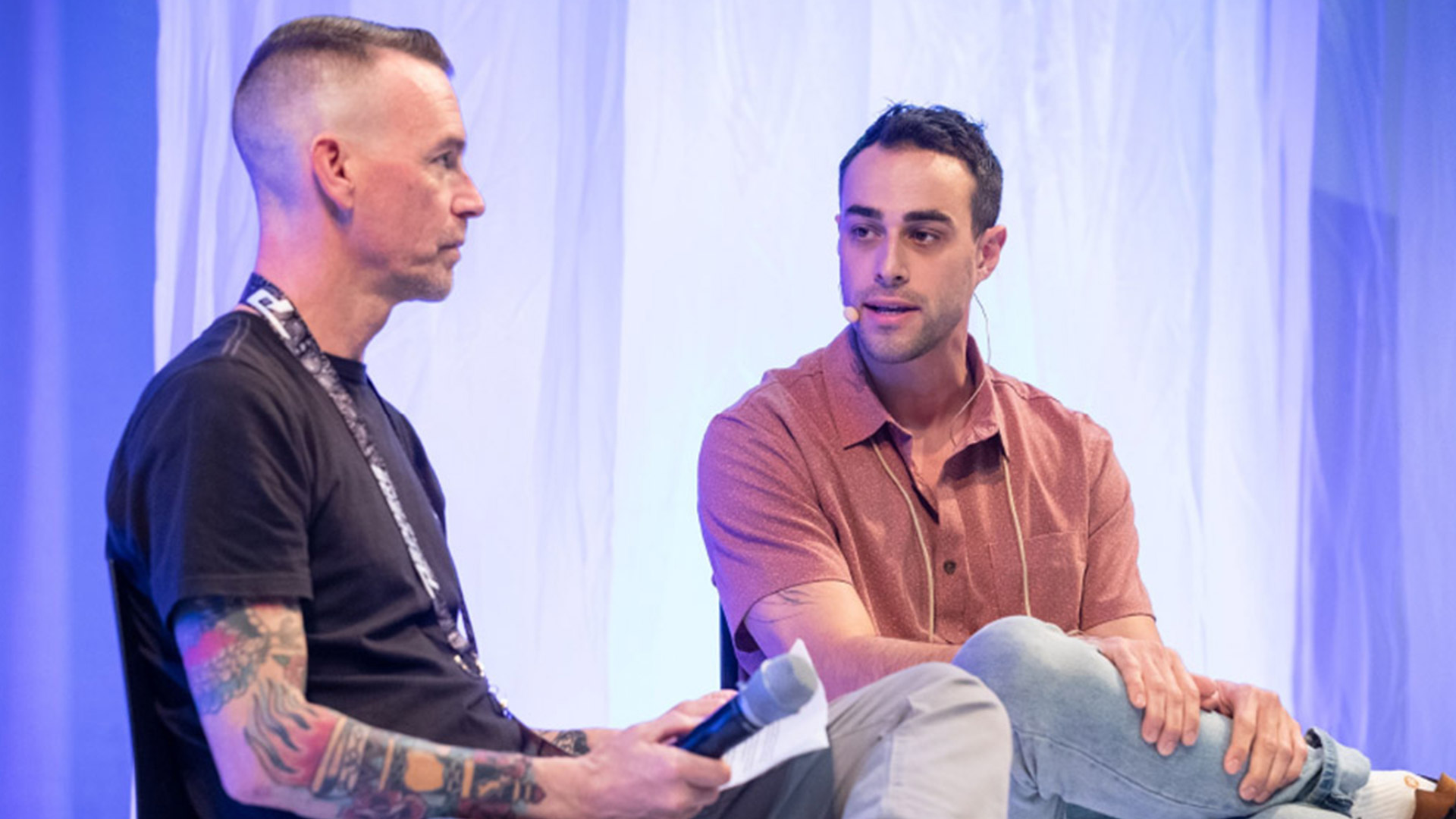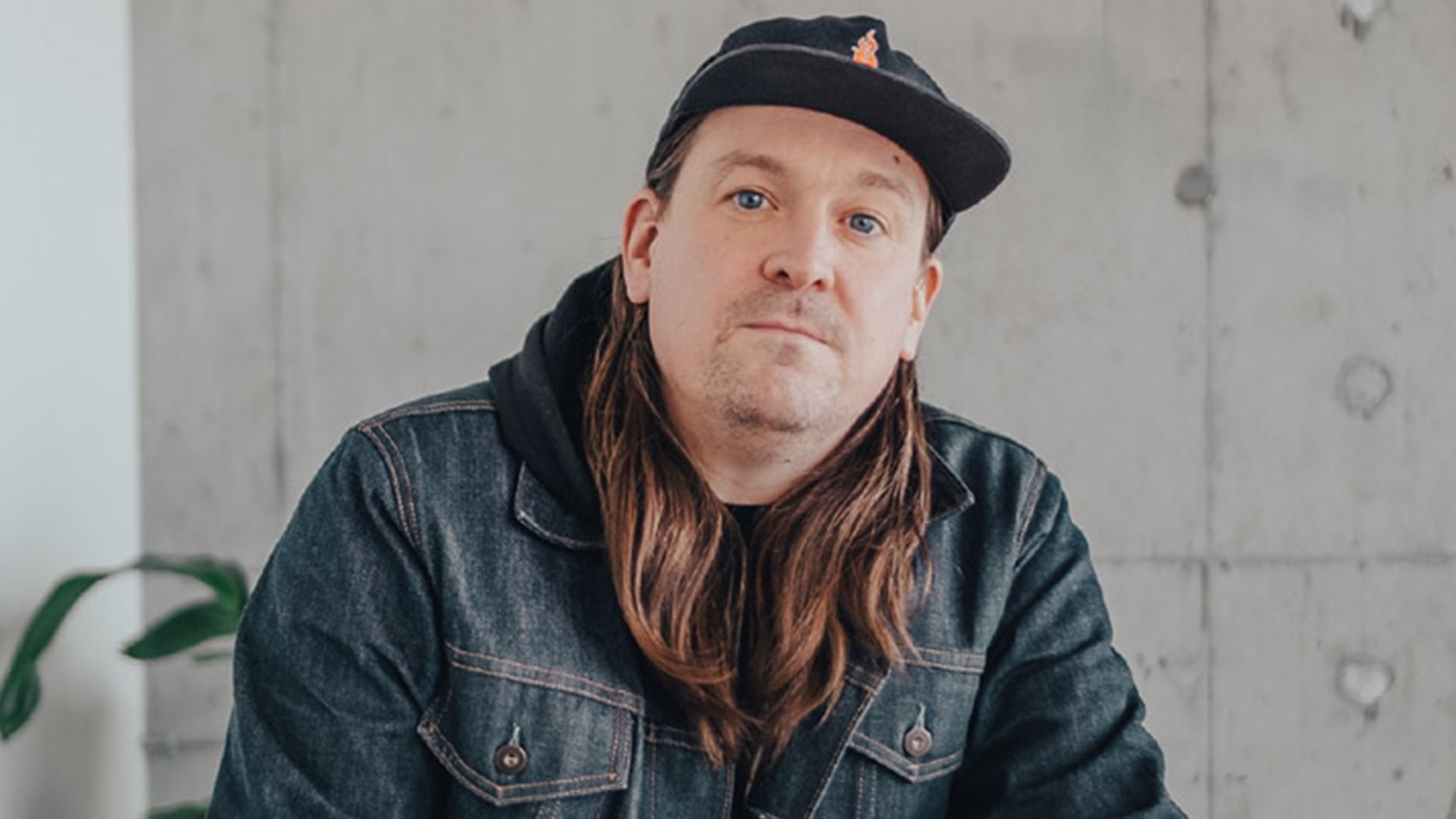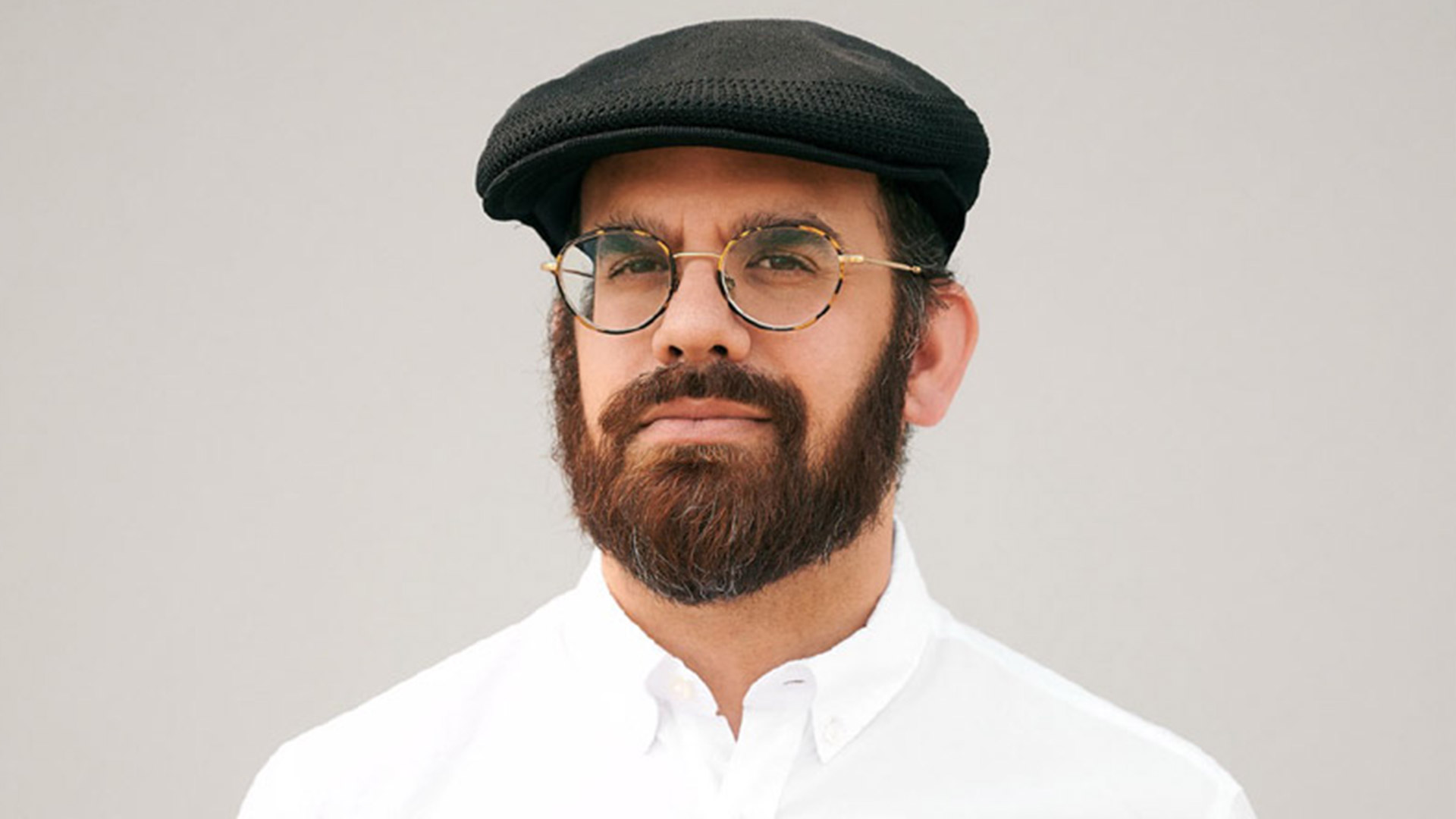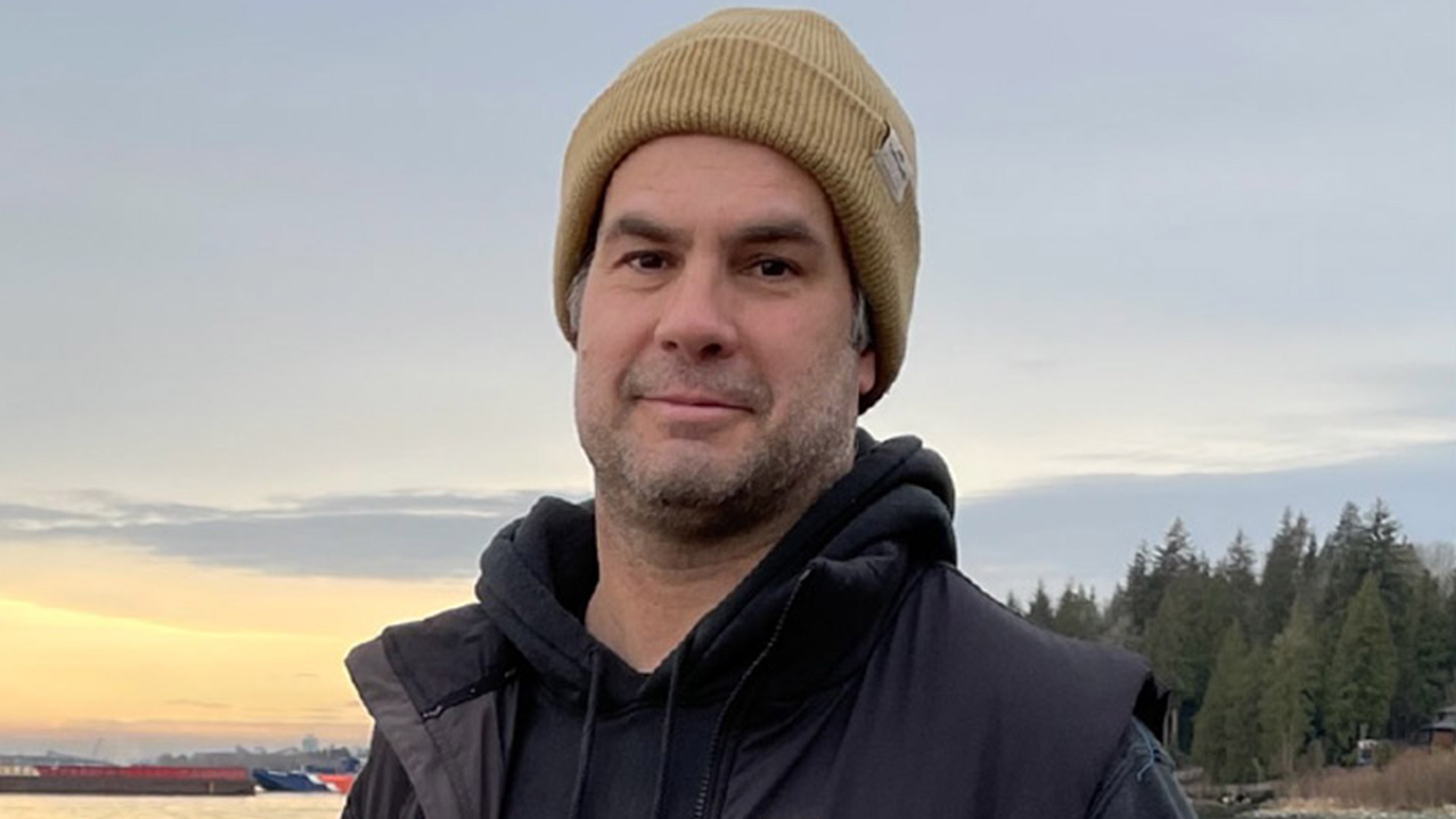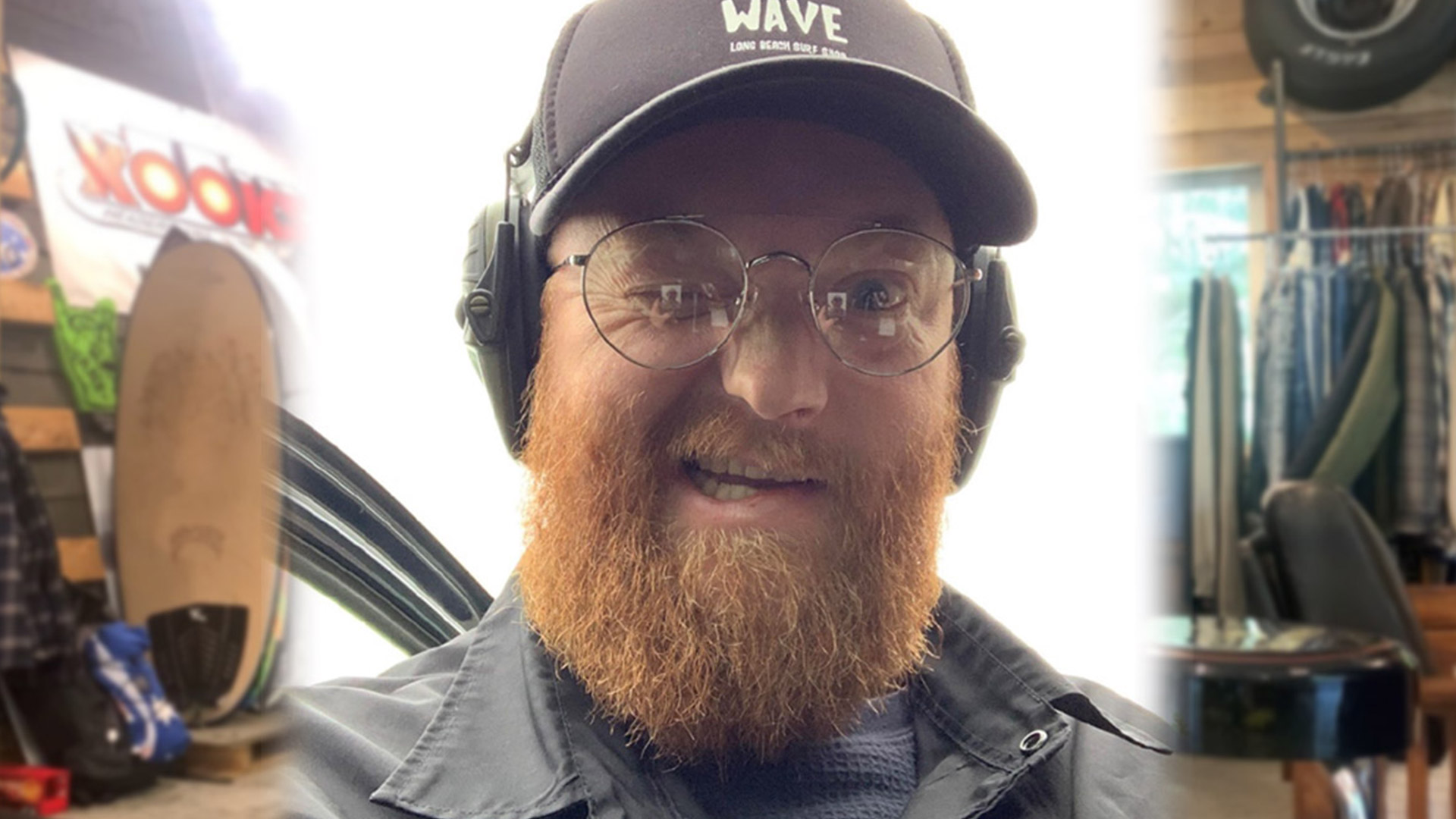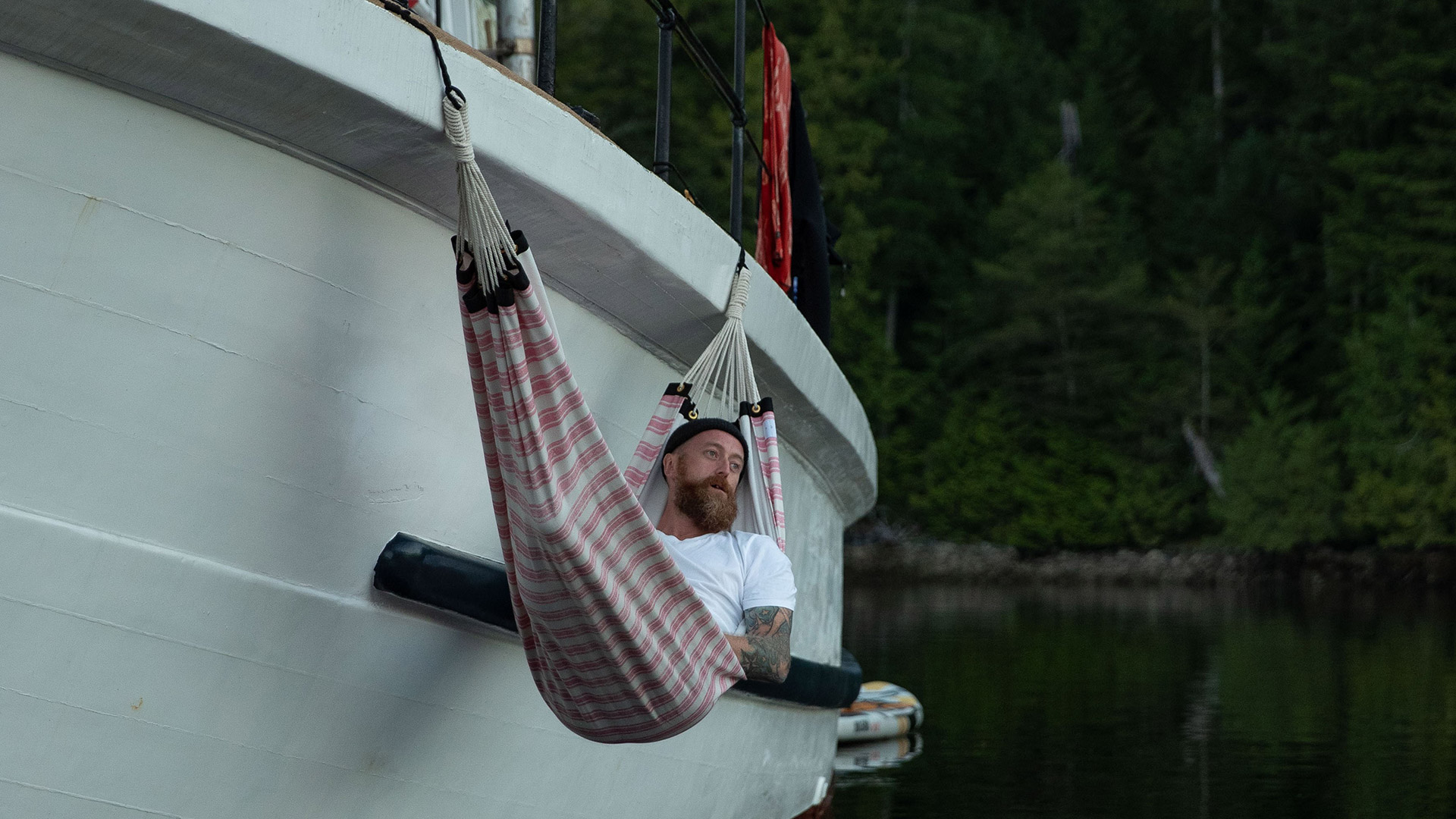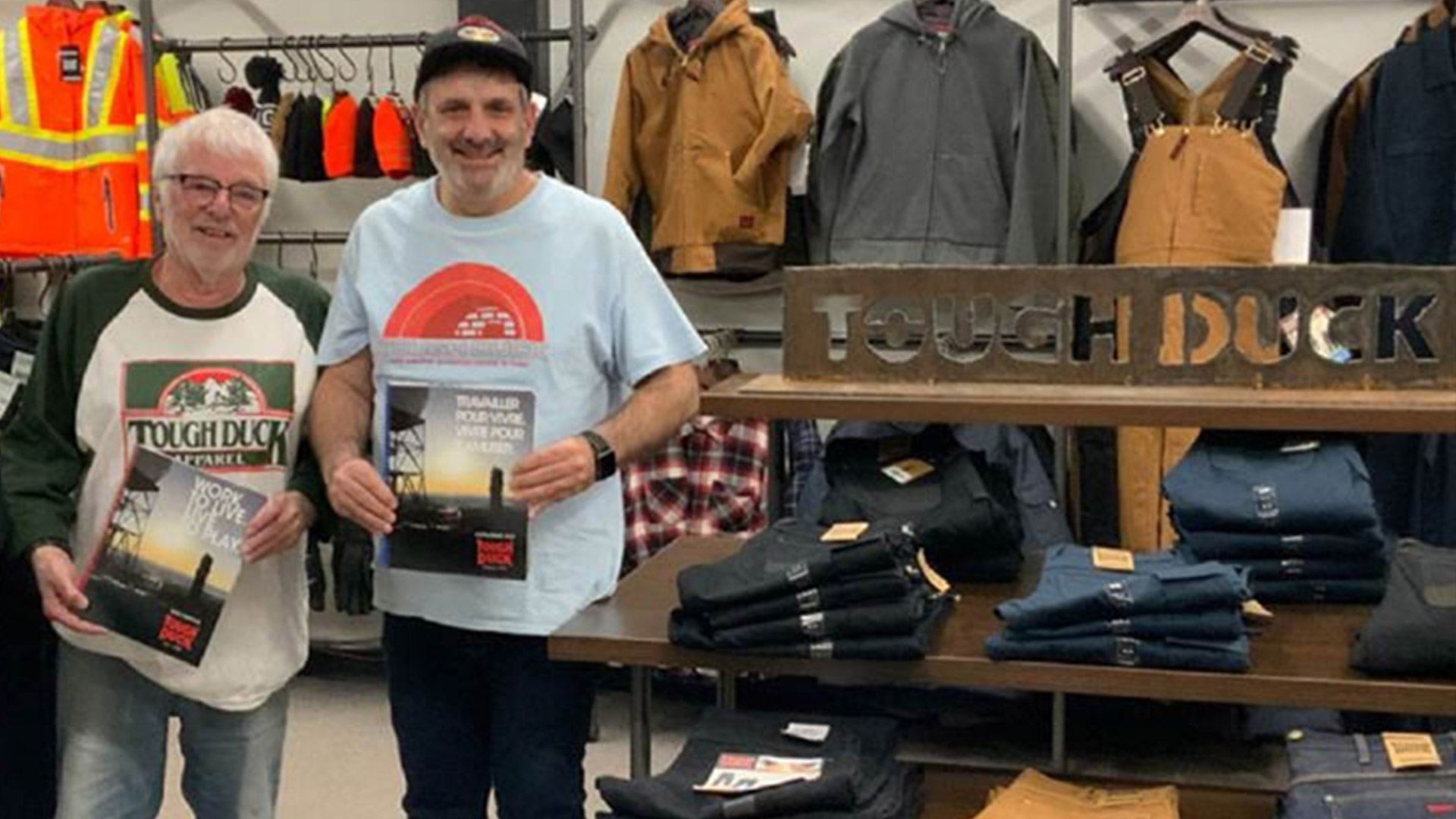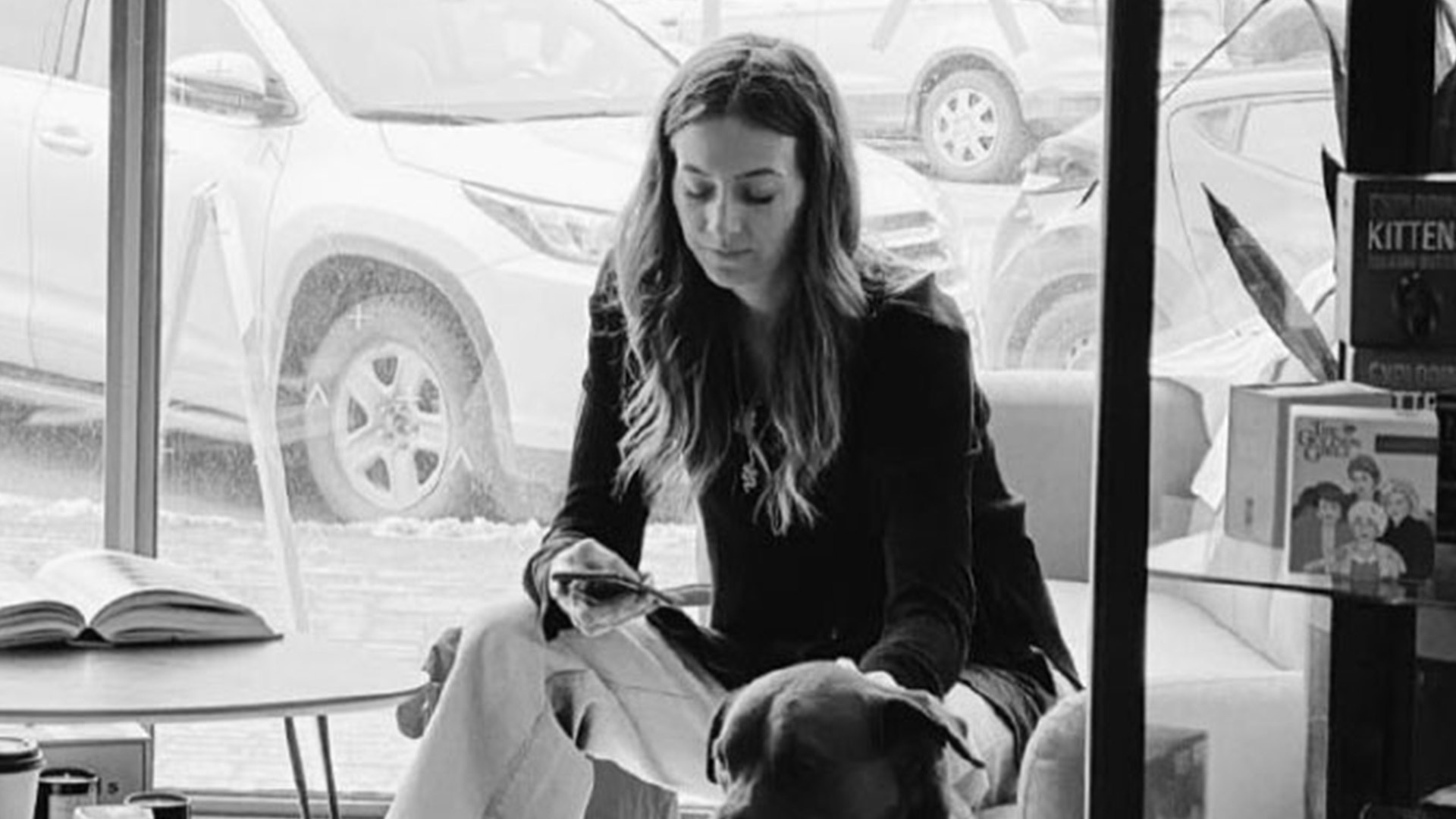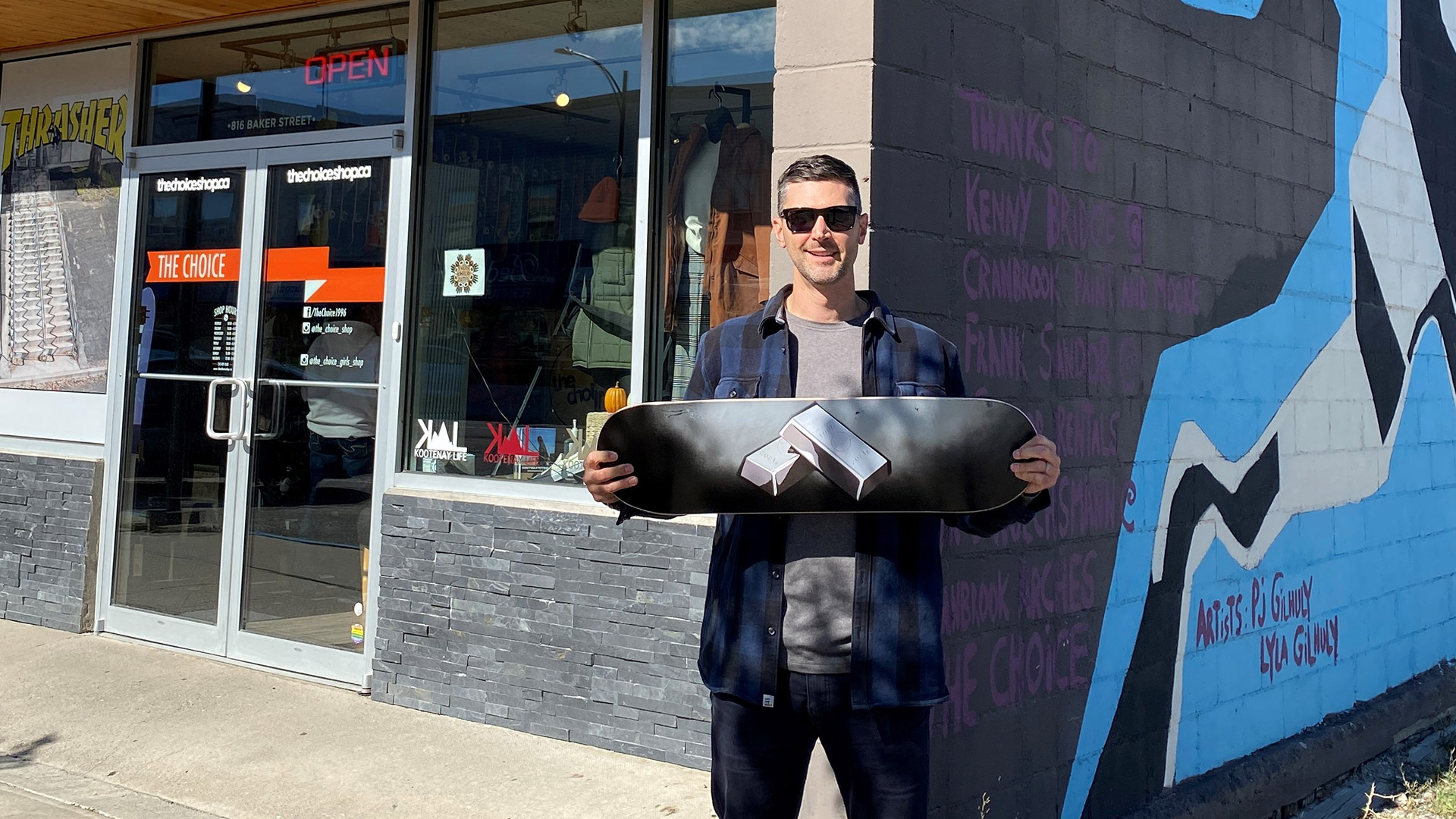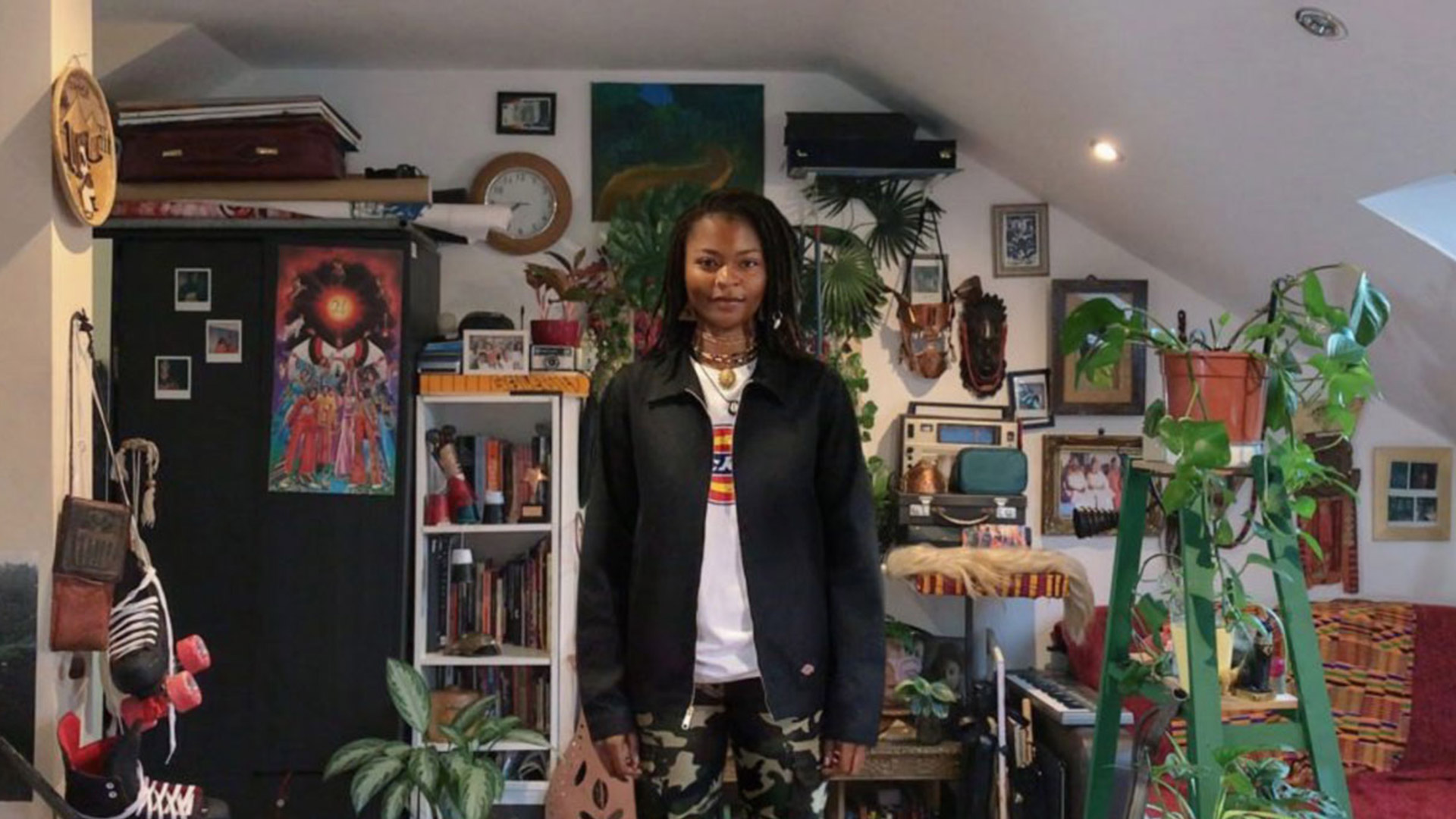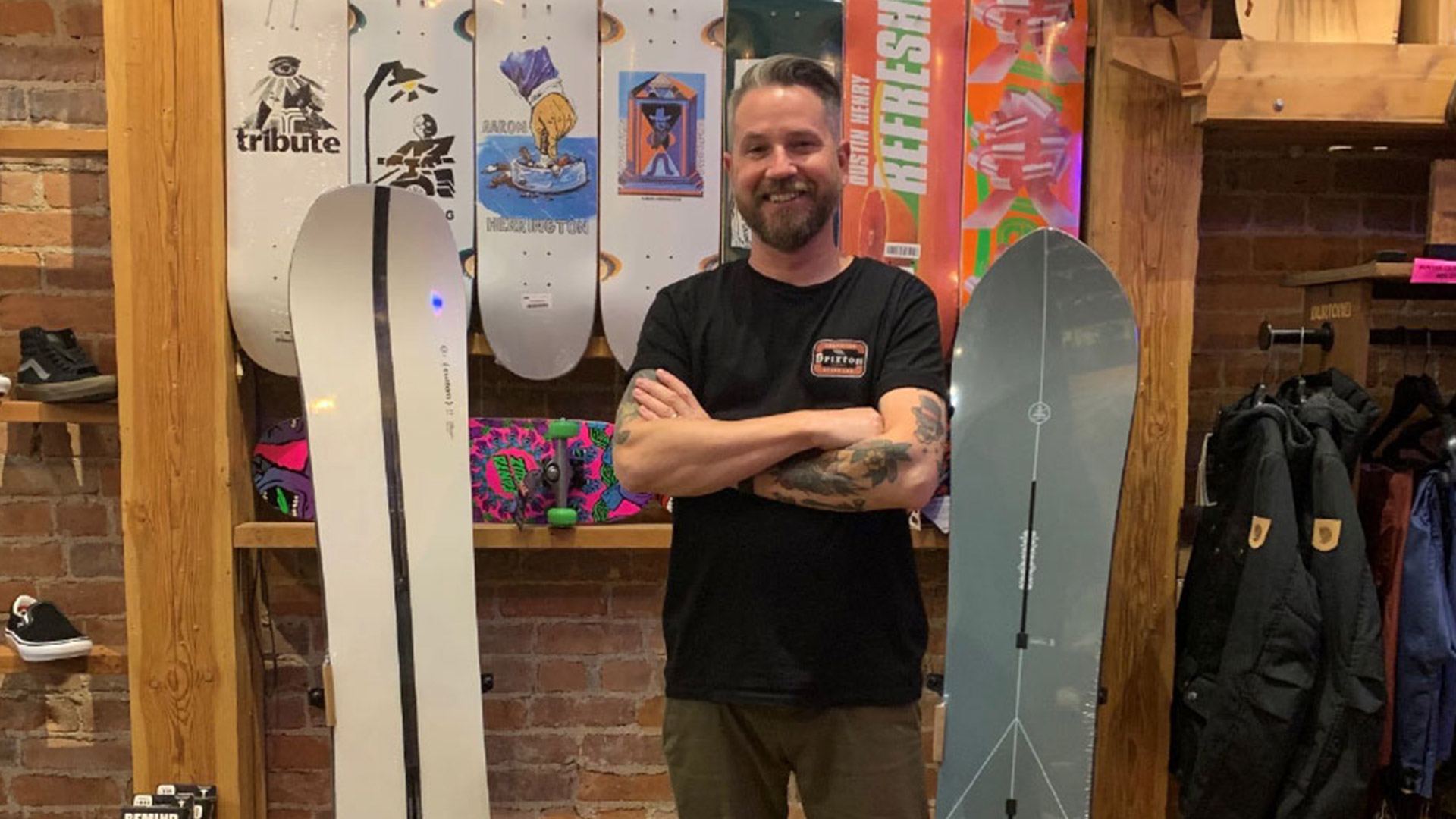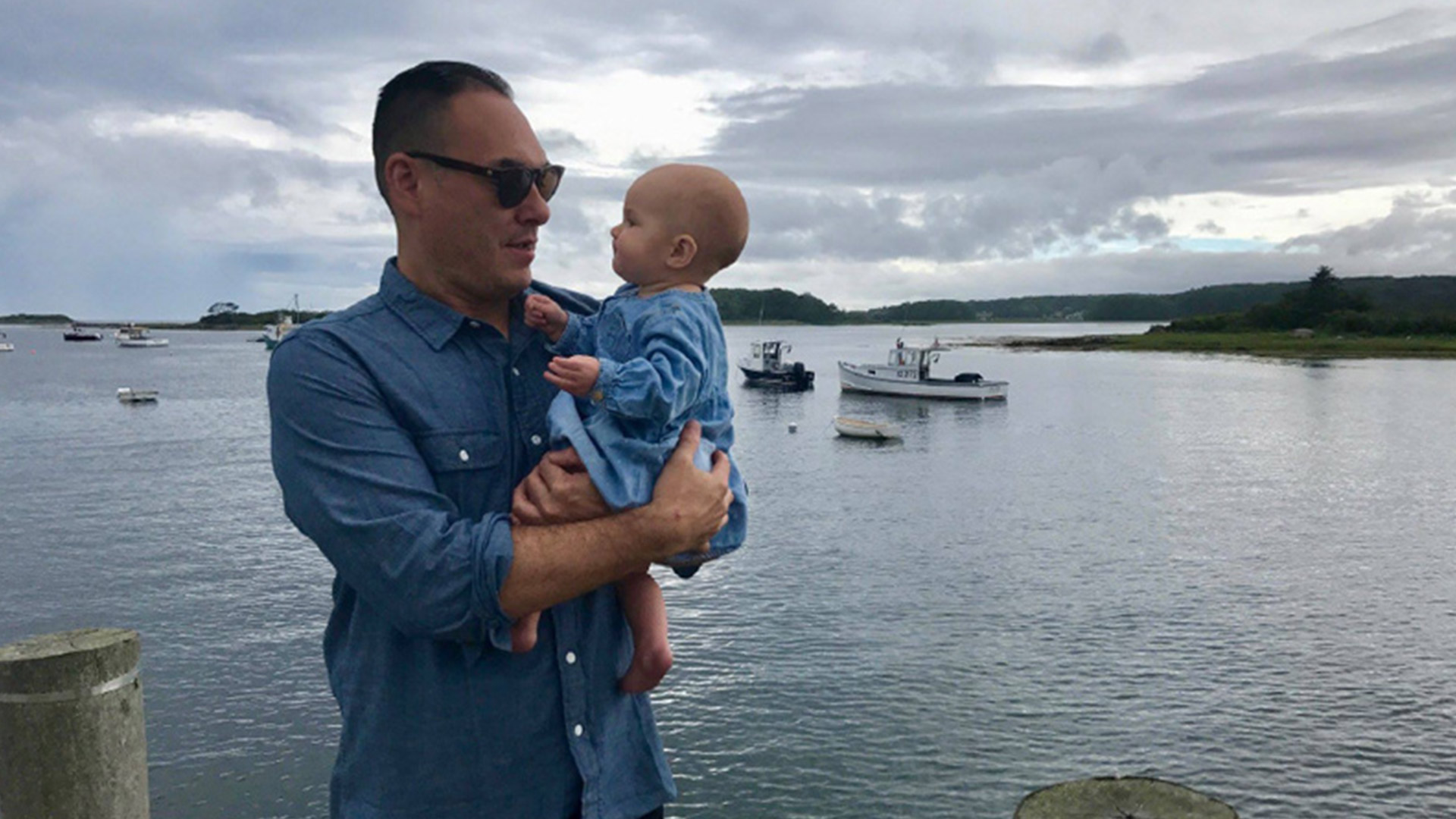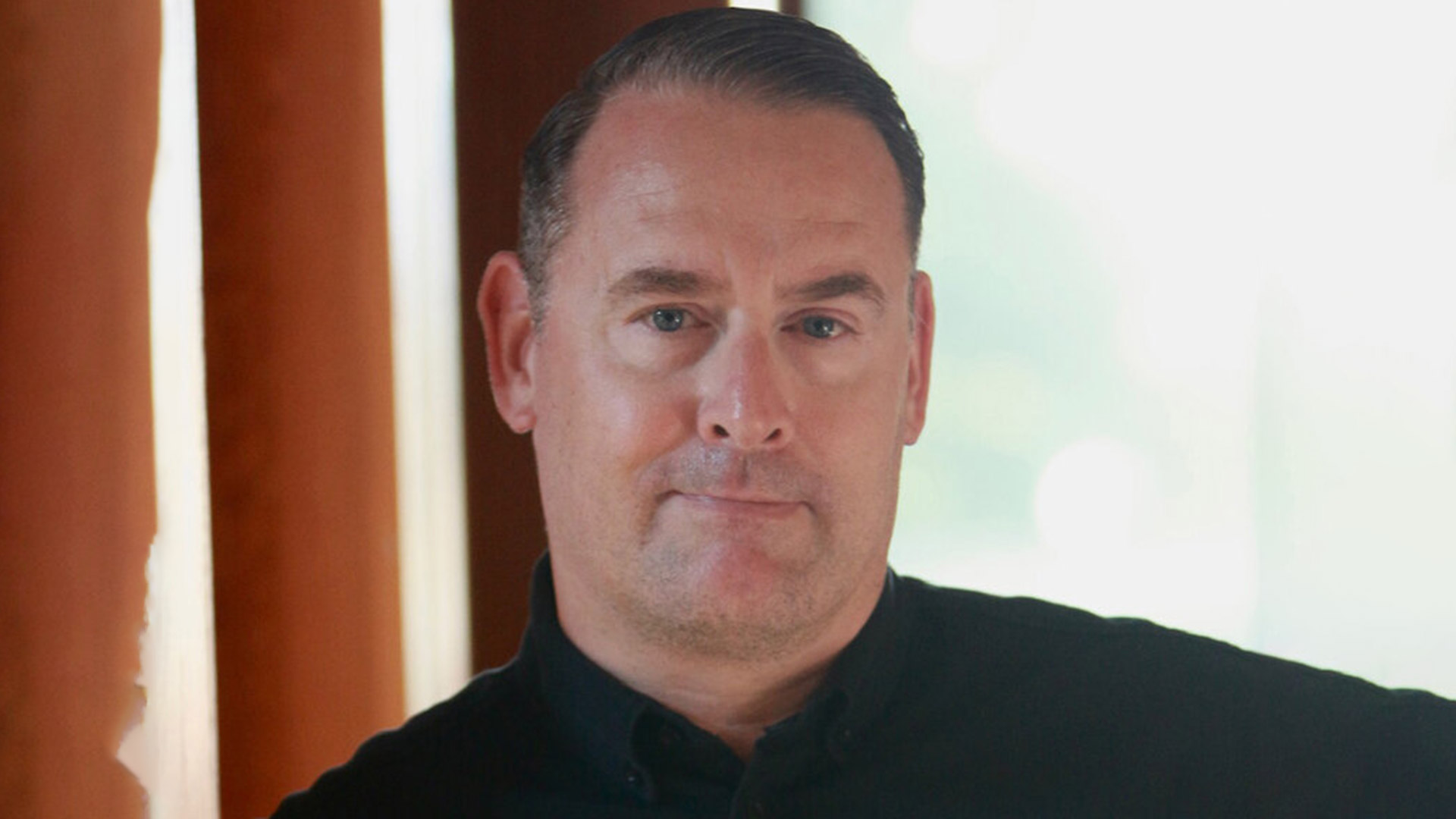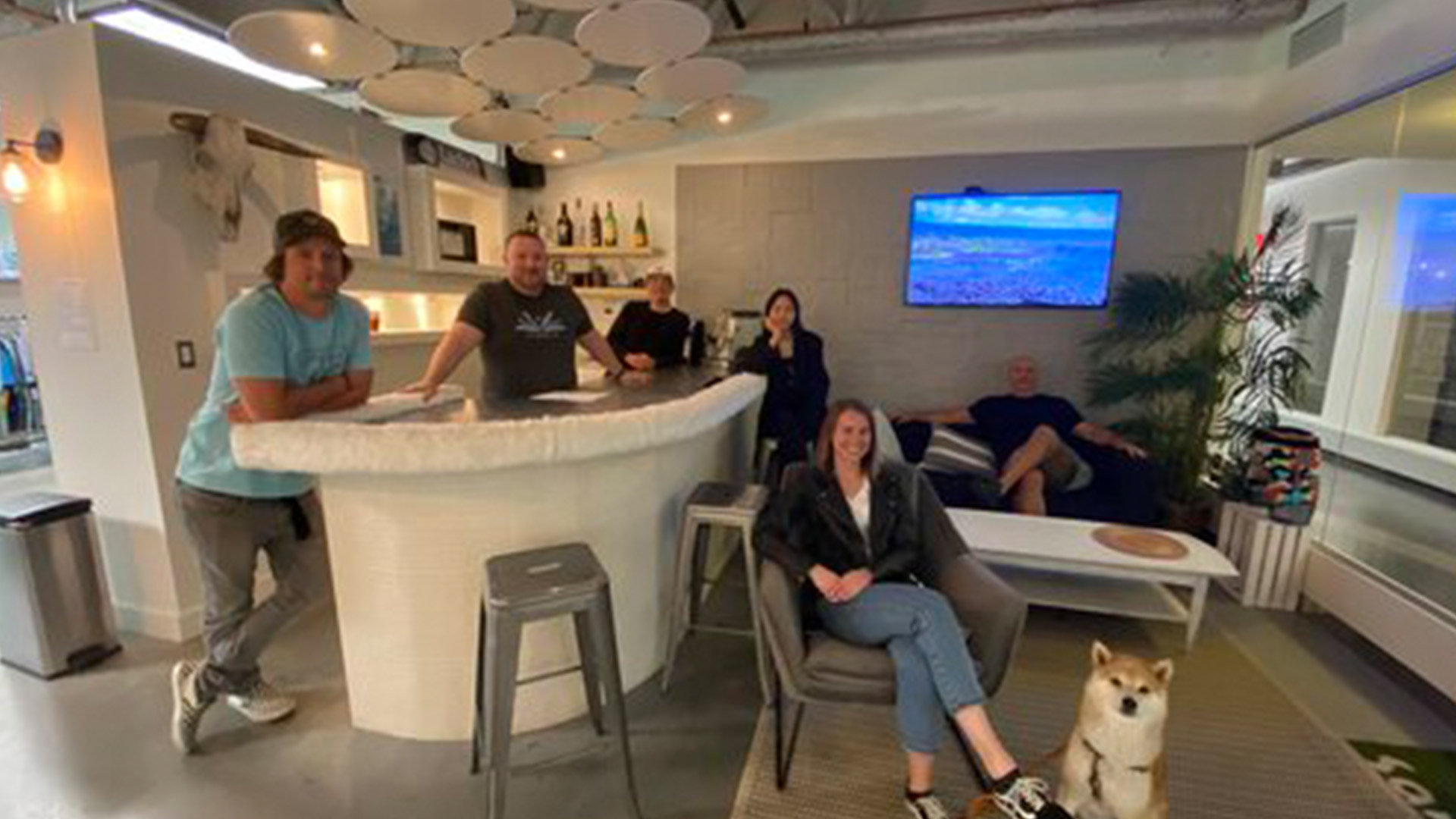IN THE KNOW with Tim Hoad of British streetwear brand King Apparel
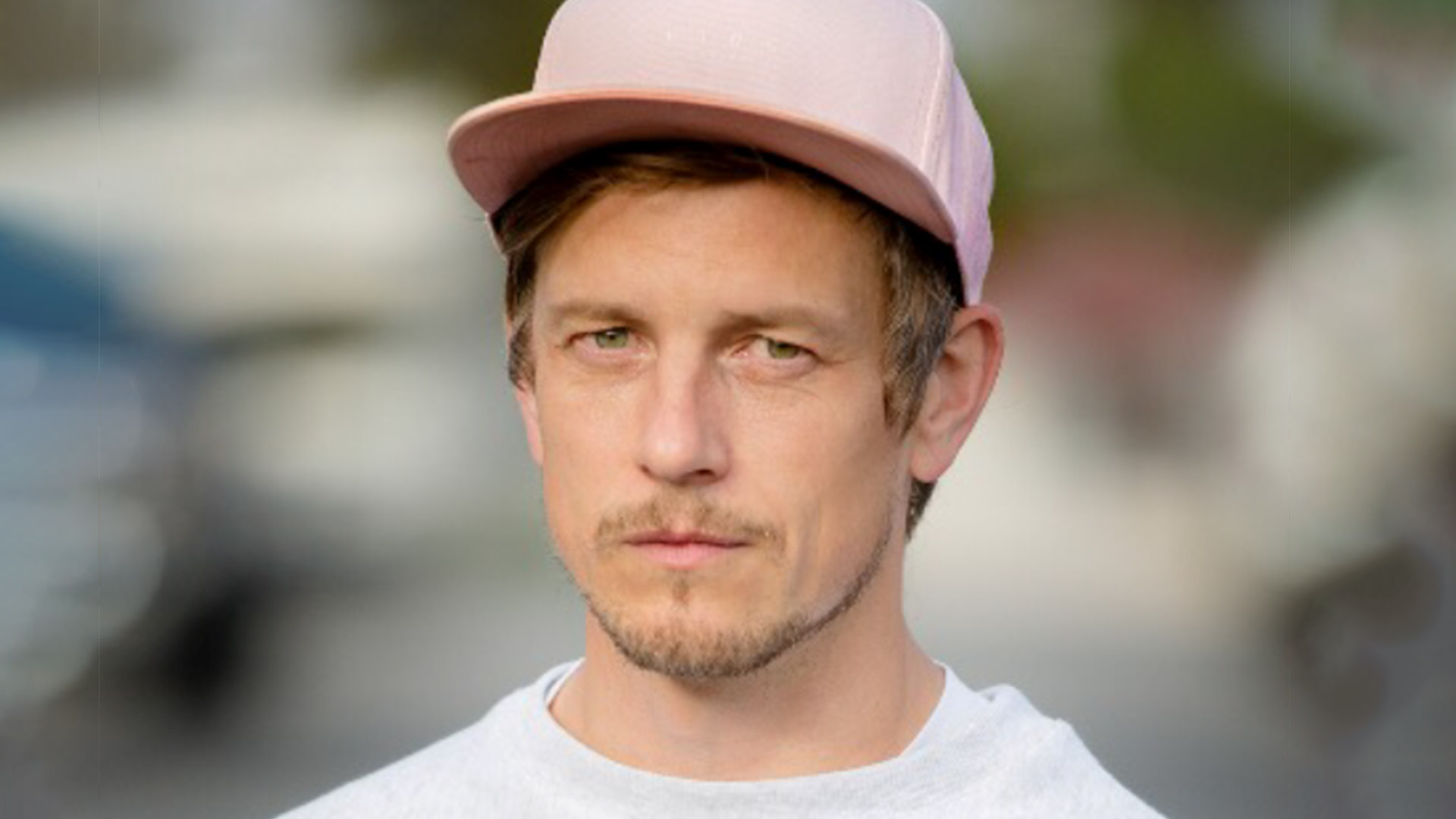
King Apparel started in 2003 in the humble surroundings of London's East End. At the time 'streetwear' as we now know it, didn't exist. Owning and starting a brand was reserved for the corporations and privileged few. But childhood friends Timmy Hoad and Paul Linton had one simple aim - to change that and create a British streetwear brand that set the standard and uphold the culture that they were an integral part of. With a background in the underground UK music scene, design and skateboarding - their immersion in the culture quickly led to collaborations with emerging music artists of the time, including Plan B and Wretch32 as well as pioneering partnerships with headwear giants New Era and Starter, developing a global reputation as a leader in British streetwear culture.
Since day one the brand has remained independently owned and operated by the original founders - Tim and Paul, with the HQ still located in the manor, Stratford E15. From packing boxes in their bedrooms, KING is now sold and distributed globally on five continents and over 300 stores worldwide.
We sat down with co-founder Tim to catch up and talk business, the re-emergence of trade-shows and what’s next for KING APPAREL.
Yeah, everything is good man. We have so much happening at the moment, as we’re just starting the first phase of our KING 2.0 strategy which will see a massive ramp up in brand visibility, exposure, marketing etc., and give us the opportunity to tell our story to a much wider international audience. Proper exciting times.
For those that are not familiar with King, can you tell us a bit about the brand, how you got your start and where things are at today?
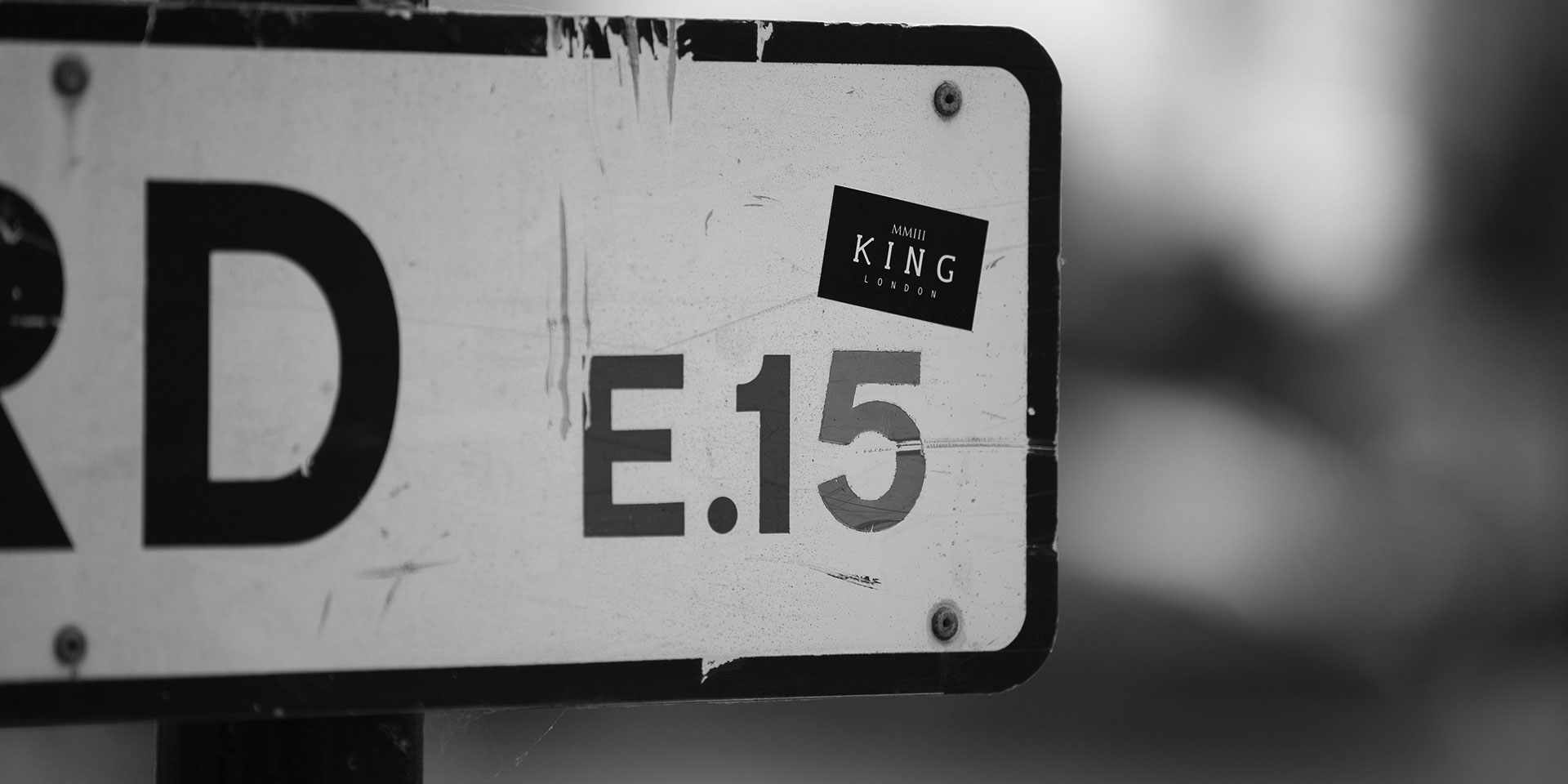
We started back in 2003 so before ‘streetwear’ really existed in a mainstream sense. In a nutshell – we had zero money, no fashion experience and pretty much no business experience. But we knew we had an instinct for our culture, the kind of brands that resonated with us as customers and the contacts and drive to make something work. So we worked with some local business bodies and got some loans and then just got cracking. We learnt on the job and honestly it was a major hustle every day – but quickly we built up an account base and a following and built on that.
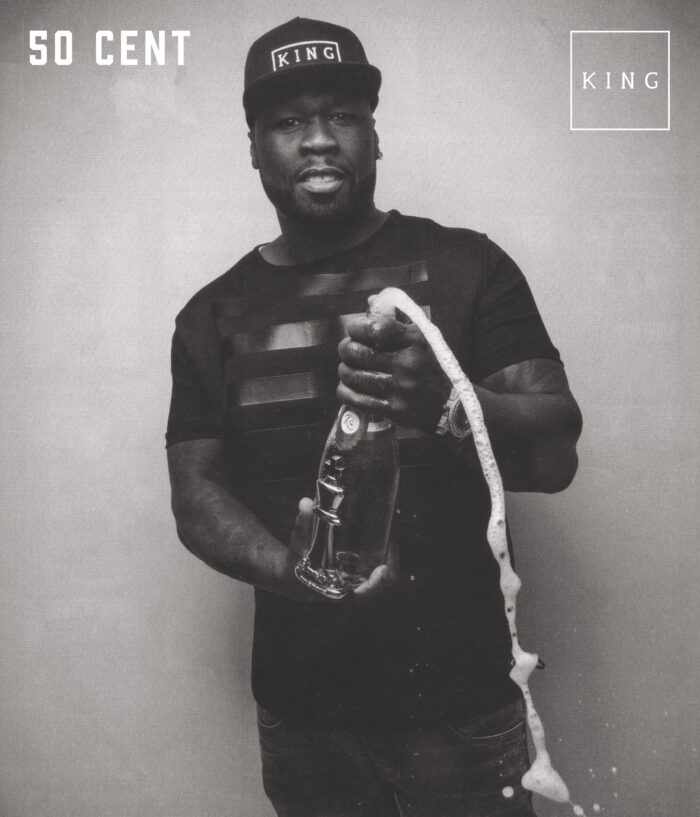
A lot of music ‘hip hop’ inspired brands were about back then. We wanted to set up something that represented our culture and lifestyle back in the UK, so we took some cues from our favorite brands and molded it around what represented us. My original background was snowboarding and skateboarding and Paul who I set up with, was deep in the graphic design scene. We have been immersed in streetwear since that time, so it’s always had authentic and cultural roots in that scene.
Now the brand is moving seriously into the higher end space of street fashion – we’ve learnt well over 18 years - and we have presence in every major continent and online.
Many brands have experienced new challenges and but also opportunities during the pandemic, what about King?
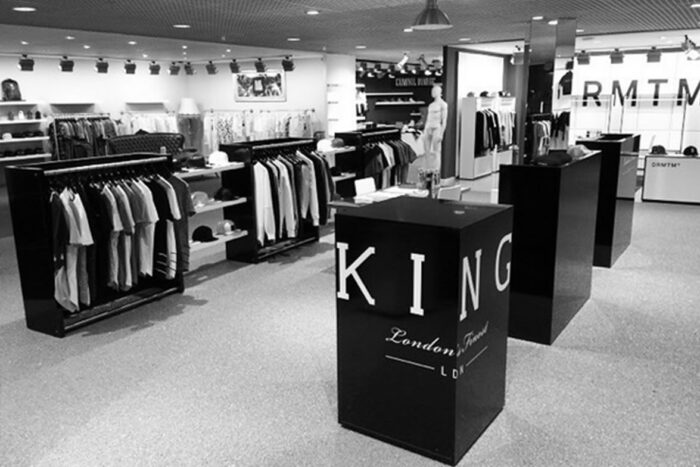
King Apparel Showroom, East London
How do you feel your structure and approach to international business has helped King maintain a level of presence and acceptance from overseas retail partners, considering the challenges many stores can face when working with brands outside their normal circles?
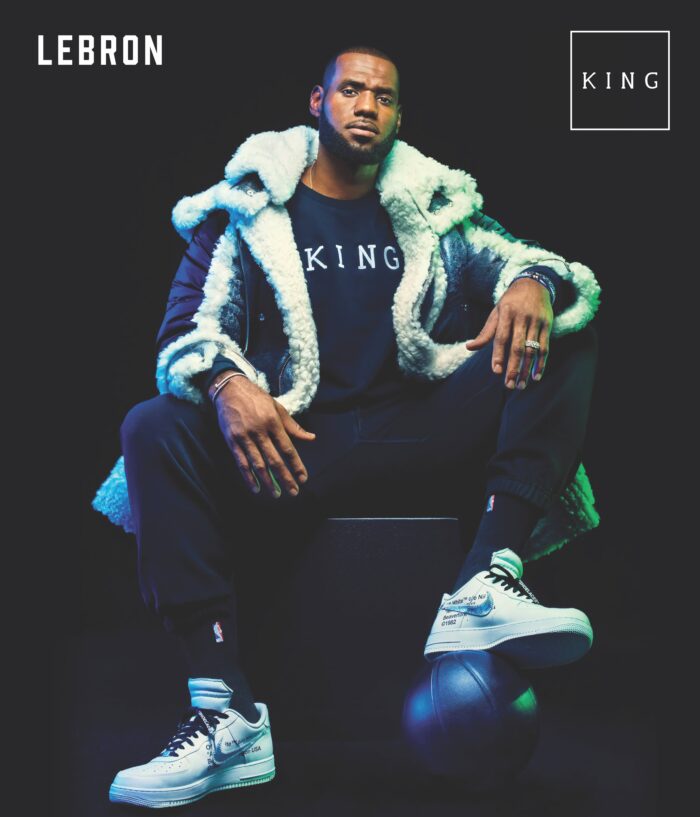
Having been in business for 18 years we’ve got a good handle on how to conduct international business. Having said that we are always learning and adapting to make sure we are working in our most efficient and productive way with our international partners. For us it’s a two way street and is all about building strong retail relationships, looking after our retailers, and it’s safe to say that KING will be looked after in return.
There’s lots of challenges out there, as we’ve all seen in the past couple of years, but we feel what is of utmost importance is to take the time to try and see things from our retailers perspective. For example, margin is very important, so we work with stores to cover shipping and duty charges, so there is no margin impact and it makes the business that we do together as profitable as possible. This is just one of many important things we address.
How do you find working directly with international retailers?
Honestly it’s no different to any other retail partner we work with. It’s all about relationships and brand building together. We are always on hand from the London office to help whenever needed, which has been a major part of our growth internationally. We also have two great guys who we consider more than sales agents and are part of our team in Canada. Flynn from Salvations sales based out of Vancouver and Jay from IDR Agency based out of Toronto. These guys have played a major part in our success in Canada, and we are very grateful for that.
As a brand, King has been particularly active within the British music scene, particularly within the sub-culture of Grime and British hip-hop also appearing on the popular Netflix show Top Boy. How important are brand ambassadors and celebrity endorsements to brand success?
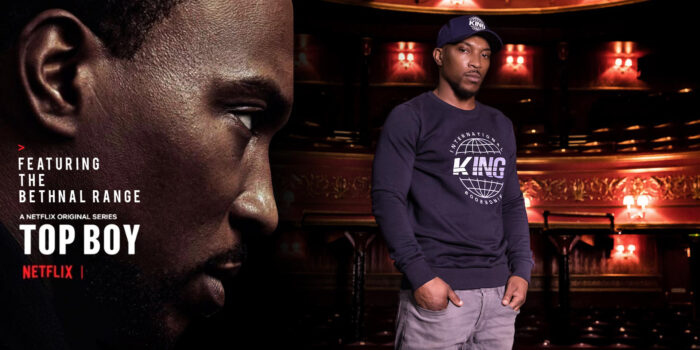
You have already plunged back into in-person events, most recently at the Magic show in Las Vegas, can you tell us more about that? How was the show for you?
Honestly it was the best show we’ve done (from an order writing perspective) ever. I wasn’t sure what it was going to be like, as we had no benchmark to measure it against since shows had been cancelled for two years. But yeah it was busy, people were there and they wanted to see, touch and feel something new and interesting. Being the only UK brand at the whole show worked well as our style, fits and overall look is very different from the middle market of American streetwear.
Is the British streetwear market different from the North American market?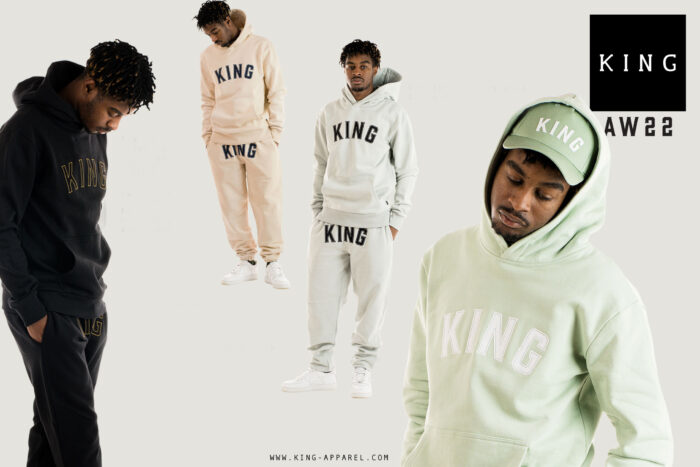
What’s next for King Apparel?
The next two years is very big for us. We can’t say too much right now, but I’d like to think that most stores that hit the Know Show in a year’s time will have us on their radar and we’ll be a serious consideration for them amongst the power brands they know.
Great chatting Tim, looking forward to having KING Apparel back at the show this summer!
For more information on King Apparel in Canada contact:
Flynn flynn@salvationsales.com (Vancouver) Jay jthomas@idragency.com (Toronto)
For more general information on KING including US enquiries
please contact matt@king-apparel.com (Head Office London)
BACK








